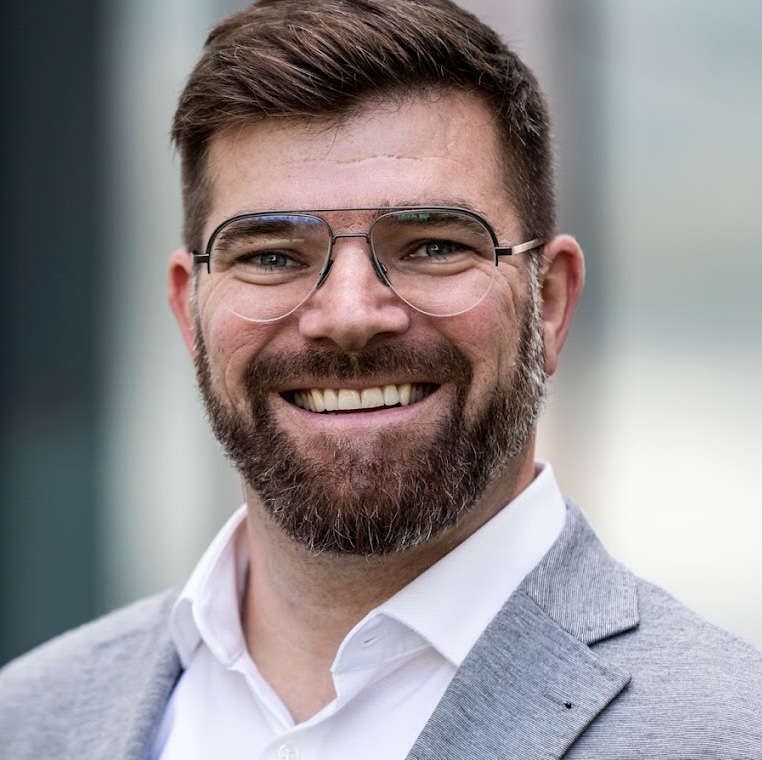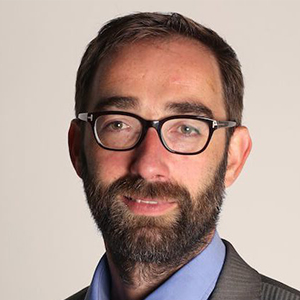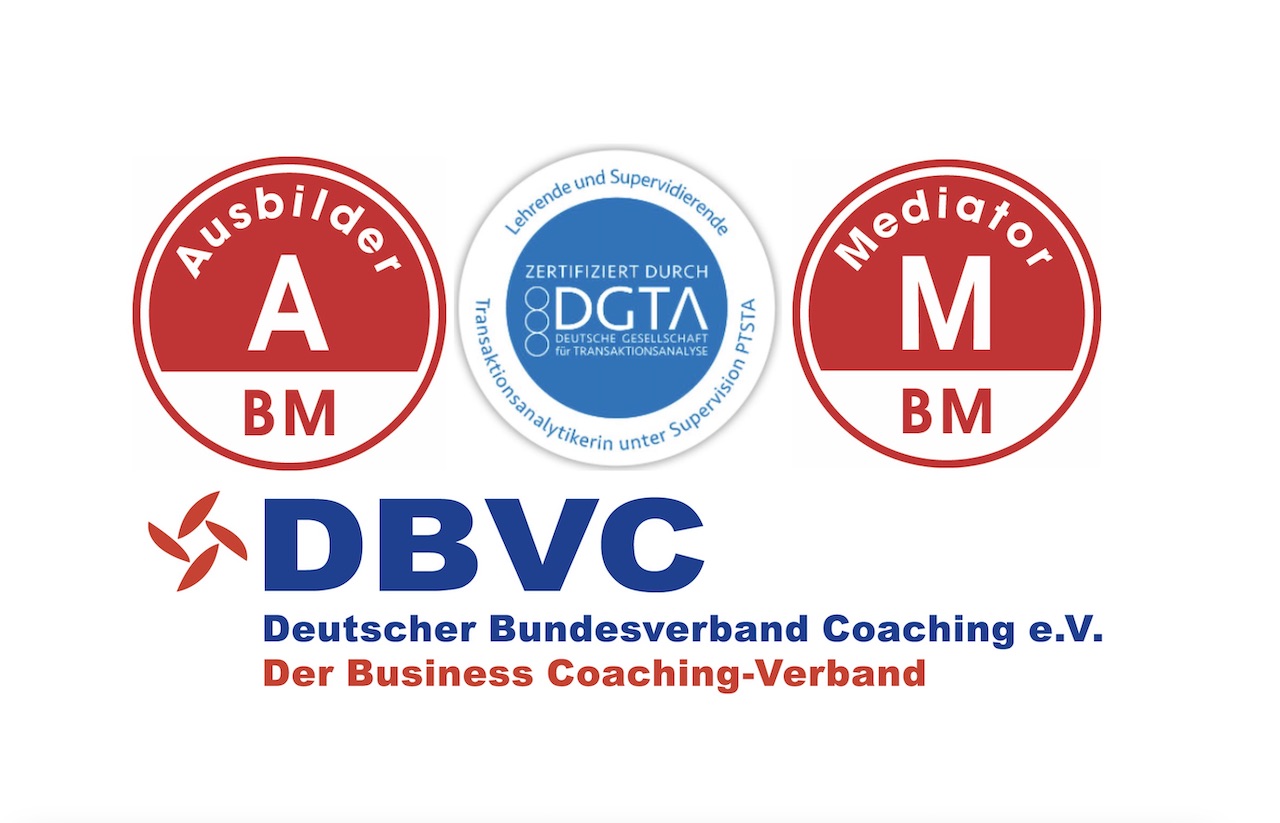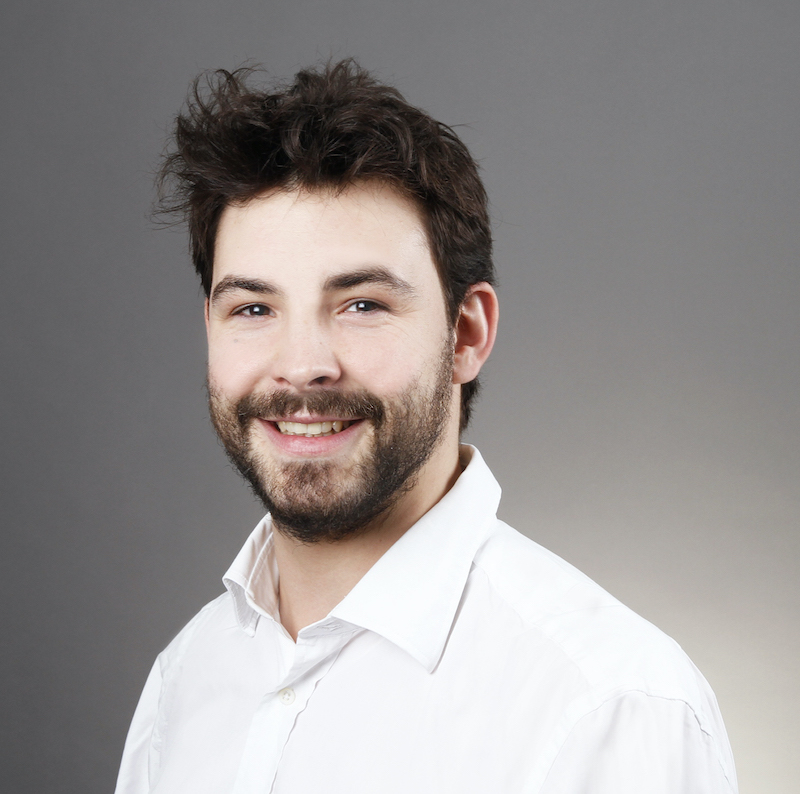FURTHER TRAINING ORGANISATIONAL CONSULTING COMPACT
The art and craft of advising organisations
Training location Leipzig
Start March 2026
OBJECTIVES OF THE TRAINING IN ORGANISATIONAL CONSULTING
Our goals
- You can describe organisations from different perspectives and contribute your point of view in an advisory capacity (Organisational competence).
- You are able to communicate authoritatively and convincingly with people according to their role and function in the organisation (Communication skills).
- They are adept at intervening in complex situations in an organisational context (Intervention expertise).
- You can clearly demonstrate your identity and professionalism in the field of organisational consulting.
We set priorities – right from the start.
Our Compact training in organisational consulting starts in October 2025 and March 2026.
From October 2025
- Module 1: 23-24 October 2025
- Module 2: 18-19 December 2025
- Module 3: 05-06 February 2026
- Module 4: 19-20 March 2026
From March 2026
- Module 1: 19-20 March 2026
- Module 2: 16-17 April 2026
- Module 3: 11-12 June 2026
- Module 4: 27-28 August 2026
INFORMATION AND CONDITIONS
COMPACT TRAINING IN ORGANISATIONAL CONSULTING
(Click on the + to open the menu)
WHAT YOU CAN EXPECT
Didactic training concept
- They are trained on the basis of our didactically well thought-out and digitally unique training and further education concept.
- Right from the start, we train you to think about the organisation's perspective and act accordingly.
- You benefit from our extensive and high-quality practical experience in complex organisational contexts.
- You can obtain our legendary index cards on the elements of mediation (for organisational consulting) as well as in digital online format (www.elemente-der-mediation.de).

Your trainer Christian Rieckmann
Christian Rieckmann, independent organisational consultant based in Kassel. His main areas of expertise are management coaching, facilitation for the design of communication processes in groups, organisational analysis and organisational design, as well as process consulting support for companies during change processes. Christian Rieckmann has been supporting his clients as an experienced management consultant for over 30 years. His core competence is characterised by a content-based approach using a methodology focused on strategy and team. From 2014 to 2024, Christian Rieckmann was a lecturer in the MBA courses Multidimensional Organisational Consulting (MDO) and Coaching-Organisational Consulting-Superrevision (COS) at the University of Kassel with a focus on organisational consulting.

Your trainer Robert Kademann
Robert KademannOrganisational consultant (M.A.), qualified teacher, specialising in educational management and organisational development, coach, supervisor and mediator; over 10 years of management experience as a line manager in small teams (4 - 10 employees), for several teams, for an organisation (130 employees, 6 direct reports), in Germany and abroad.


Your trainer Prof Dr Sascha Weigel
Prof Dr Sascha Weigel, Mediator and Trainer (BM), Senior Coach (DBVC), Teaching Transactional Analyst under Supervision PTSTA-O (EATA/DGTA); Honorary Professor for Mediation and Conflict Management MLU Halle
MODULES OF THE TRAINING IN ORGANISATIONAL CONSULTING
(Click on the + to open the menu)
VOTES FROM PARTICIPANTS
Dr Ute Enderlein, lecturer at the Department of Digital Administration i.Gr. at Meißen University of Applied Sciences (FH) and training centre, GAMED/OMED 2020/21
The INKOVEMA training course in organisational mediation conveys...an important basic attitude: we should recognise the "reality of conflict" and deal with conflicts with an open and courageous attitude, professional methods and on a solid legal basis.
INKOVEMA's training in organisational mediation is also a A successful bridge to change management and profitable for every organisation in change processes such as digital transformation. As a lecturer at the University of Applied Sciences for Public Administration of the Free State of Saxony, I have not only taught Sound knowledge won, but also lots of practice and exercise, which I will apply as a mediator in specific organisational development processes.
Dr Ute Enderlein, lecturer at the Department of Digital Administration i.Gr. at Meißen University of Applied Sciences (FH) and training centre, GAMED/OMED 2020/21

Simon Lenk, employee in a municipal corporation, Department for Strategic OE, mediation training 2020
For me it was a Top-class training. Sascha always teaches in a practical manner, sharing the experience gained from his many years as a mediator and embedding the content in the dynamics of society and organisations. All this with a lot of humour and sensitivity.
Simon Lenk, employee at a Leipzig-based company, mediation training 2020
Frequently asked questions about organisational consulting
What do organisational consultants do?
- Organisational consultants usually support – companies as external consultants – in increasing their efficiency and effectiveness. The range of tasks is therefore correspondingly diverse. It is important that the methods and concepts of consulting are decisive and are learnt, not the „material content“ of the respective task for which support is provided:
- Analysis and diagnosis: Analysing structures, processes and the corporate culture in order to identify strengths, weaknesses and potential for improvement.
- Strategy development: Help with the development and implementation of business strategies and change management initiatives.
- Process optimisation: Optimisation of business processes and introduction of new technologies to increase productivity.
- Employee development: Coaching and training of managers and employees as well as team development.
- Organisational development: Designing organisational structures and introducing new working models.
- Conflict management: Resolution of internal conflicts through mediation and conflict coaching as well as training in dealing with conflicts.
Organisational consultants work closely with management and employees to achieve sustainable improvements.
Where is organisational consulting used?
- In view of the tasks involved, the field of application is enormous and does not stop at any industry.
How do I become an organisational consultant?
- For example, by completing a corresponding training and further education programme. However, the title itself is not protected in Germany, i.e. it is regulated by law.
What are the fundamental differences between organisational consulting and personal consulting?
The main differences are:
- Objective and focus:
- Organisations: The focus is on optimising structures, processes and corporate culture in order to improve the overall performance and efficiency of the organisation. This can include strategic, operational or cultural changes.
- Individuals: The focus here is on personal development and individual well-being. Goals can include career development, personal growth or overcoming specific challenges.
- Complexity and scope:
- Organisations: Consultancy often involves complex systems with many interdependent elements, numerous stakeholders and multi-layered dynamics. The consultant must take into account the interactions between different departments and hierarchical levels.
- Individuals: Counselling is usually less complex and focuses on the person's specific needs and challenges. The counsellor works directly with the person and has to deal with fewer variable factors. The fact that „the person as a human being“ is of course also a complex system remains unaffected.
- Methods and approaches:
- Organisations: Comprehensive diagnostic and analysis tools are often used, such as organisational diagnoses, process analyses and cultural studies. Methods such as project management, change management and systemic approaches are common here.
- Individuals: Psychological and coaching-based methods are often used here, such as talking therapies, life counselling, coaching techniques and personal development tools. Of course, there are also systemic approaches to personal counselling.
- Focus on results:
- Organisations: The results are usually measurable and relate to key business figures such as efficiency increases, sales growth or improvements in employee satisfaction.
- Individuals: The results are often more subjective and relate to personal well-being, the achievement of personal goals or the improvement of individual skills.
- Intervention period:
- Organisations: Consulting projects in organisations can be long-term and continuous, as the implementation of changes takes time and often requires a gradual introduction.
- Individuals: Counselling and coaching sessions can be short-term and limited to specific time periods or goals.
- Stakeholder management:
- Organisations: Here, the consultant must interact with various stakeholders, including managers, employees, customers and possibly also external partners.
- Individuals: Interaction is usually direct and personal, with few or no other stakeholders.
To put it bluntly, but not entirely oversimplifying, it can be said that counselling for organisations is systemic and strategic, while counselling for individuals is more personal and development-oriented. However, both approaches require specialised knowledge and skills in order to be effective.
What are the main focal points of the training programme?
- The focus is on the difference to personal consulting and thus the methodical approach to organisational consulting tasks.
What are the advantages of this type of training?
It is not uncommon for original Organisational consulting assignments are processed at the personal level due to a lack of mutual alternatives. This is doubly unfortunate; on the one hand for the organisation, which misallocates resources, and on the other hand for the consultant, who leaves the full potential of the enquiry untapped. The Organisational perspective in consulting is intended to realise this untapped potential.
What happens if I cannot take part in a module?
- If you are unable to attend a module, you have the opportunity to make up the missed module at a later date, for example in the following training group. However, it is advisable to work with the same group for the duration of the training programme, as a positive and trusting working atmosphere builds up over time. In exceptional cases, hybrid participation is also possible.
Can I already advise on cases during my training?
- In view of the fact that the term organisational consultant is not legally protected, this is less a question of permission and more a question of (professional) ability. As a practical case for professionalisation in the course of this training, however, working on organisational consulting cases in this way is desirable!
What do I get at the end of my training?
- You will receive an INKOVEMA certificate for full participation in this training course. Parts of this training can be credited as TA training hours as well as further training in mediation fields.
